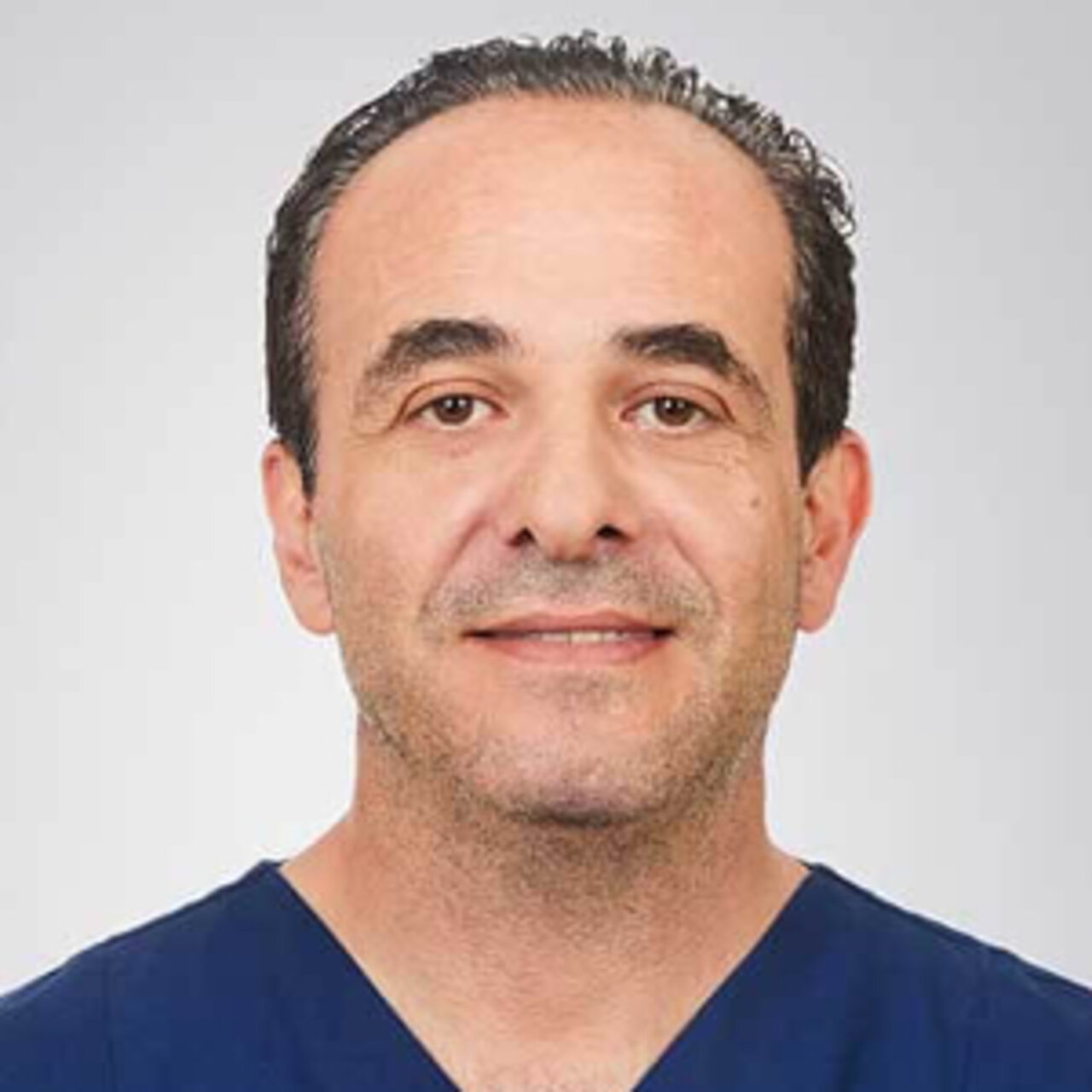Specialists in Cervical Endoscopy
4 Specialists found
Information About the Field of Cervical Endoscopy
What Is Cervical Colposcopy?
Colposcopy is a gynecological examination method to view the vulva (outer area of the vagina), the vagina (inner space of the vagina), the cervix, and the visible part of the cervix (ectocervix) more closely from the outside. A unique instrument can magnify the area of tissue to be examined. Tests can also be carried out to detect certain diseases (e.g., an acetic acid test for suspected dysplasia). In addition, smears and biopsies can be taken during colposcopy checkups.
When Is a Colposcopy Necessary?
A colposcopy is carried out to clarify previously found abnormalities in the area of the vagina or the external cervix. These include suspicious findings in the inspection or smear, where there is a suspicion of a change in the tissue (dysplasia = "precancerous lesions") or even cancer. Colposcopy can also be helpful in cases of uncertain bleeding, infection, conspicuous persistent discharge, or other inflammation. In addition, the method is used for cancer follow-up.
The tissue can be examined more closely during the examination, and minor changes become visible that cannot be seen with the naked eye. Also, specific tests can provide information, smears and samples are obtained, and surgery and colposcopy checkups are possible.
Therefore, the examination method is particularly relevant for detecting cervical cancer or its precursors, which can then be treated preventively.
Who Performs Colposcopy?
A gynecologist usually performs a colposcopy; in some cases, patients are referred to a specialized consultation (e.g., dysplasia consultation) for the examination. You can find appropriate specialists and gynecologists who offer this form of examination through our website.
The costs for a cervical endoscopy are covered by health insurance.
Procedure and Duration
A colposcopy is usually performed in an outpatient setting, and special anesthesia is unnecessary. The examination should not occur during menstruation, and on the day before the examination, sexual intercourse, tampons, or other insertable foreign bodies should be avoided.
The examination is performed on a gynecological chair; with the help of a speculum, the vagina is opened and slightly stretched to allow for an optimal view. The physician positions the colposcope in front of the vagina and aligns it so that the tissue surfaces of the vagina and the outer cervix can be easily viewed through the equipment. With the help of the colposcope, a special microscope, the relevant areas of the reproductive organs can be illuminated and magnified up to 40 times.
The gynecologist can apply specific solutions to the external cervix to make altered cells visit. One such test is the acetic acid test, in which the tissue is dabbed with an acetic acid solution; dysplastic altered areas turn whitish underneath. In the Schiller iodine test, the cervix is treated with a potassium iodide solution; pathologically altered cells would not stain in addition to specific glandular cells, while normal surface cells (squamous cells) would stain brownish due to their high glycogen content. These tests allow altered tissue areas to be visualized and localized more precisely.
The doctor can also take smears from the vagina or cervix with a swab or small brush to detect pathogens or reveal cell changes. Biopsies, or tissue samples, can also be taken for closer examination under colposcopy checkup. A colposcopy takes about 5 to 20 minutes, depending on the diagnostic task and the examination steps performed. Usually, the procedure is painless and does not require specific follow-up.
How Long Sick After Colposcopy?
After a colposcopy, slight bleeding or altered discharge may occur, especially if tissue samples have been taken. Tampons and sexual intercourse should be avoided for the first few days. Full baths or swimming should also be avoided if possible.
The attending physician will contact the patient to discuss further procedures if abnormalities are found during the examination.
In principle, a colposcopy does not require a sick note. Only in the case of relevant concomitant diseases that restrict the patient's condition and ability to work (e.g., endometriosis with severe pain during any gynecological procedures) sick leave may be taken for a few days. The physician decides individually to what extent a patient can work after the examination.
If heavy bleeding, sudden pain, persistently altered vaginal discharge, or increasing general symptoms of illness occur after colposcopy, the patient should immediately contact her gynecologist or another physician.
Which Doctors and Clinics are Specialized in Colposcopy?
Every patient who needs a doctor wants the best medical care. Therefore, the patient is wondering where to find the best clinic. This question cannot be answered objectively, and a reliable doctor would never claim to be the best one, we can only rely on a doctor's experience.
We will help you find an expert for your condition. All listed doctors and clinics have been reviewed by us for their outstanding specialization in colposcopy and are awaiting your inquiry or treatment request.
Sources:
- next.amboss.com/de/article/SN0y0g
- www.meoclinic.de/fachgebiete/frauenheilkunde-und-geburtshilfe/kolposkopie/



